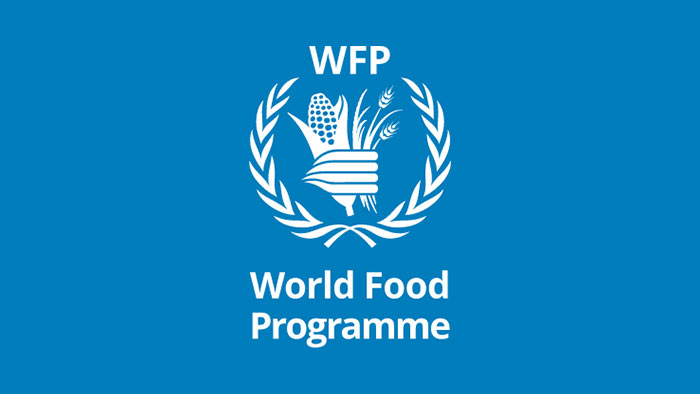Three in 10 Sri Lankans are food insecure – World Food Programme

The World Food Programme (WFP) says 6.3 million people or three in 10 Sri Lankans today are facing food insecurity.
Nearly two-thirds of families are resorting to at least one negative coping mechanism, including taking smaller portions or less nutritious food, the UN’s food-assistance agency said in a statement.
According to the WFP, pregnant and breastfeeding women, children under 5, and people with disabilities are among the worst affected.
“Sri Lanka’s worst economic crisis since its independence in 1948 – pushing food prices upwards of 90 percent and sparking fuel shortages – has disrupted livelihoods and key safety-net programmes, causing a spike in the number of food-insecure people.”
It comes as WFP warns of an unprecedented global food crisis as the country grapples with spiking prices, shrinking crop yields, the fallout of the war in Ukraine and a lack of state funds to pay for key supplies.
The WFP pointed out that even before the economic meltdown and the COVID-19 pandemic deepened hardship, Sri Lankan women and children suffered from far higher rates of malnutrition than their peers in other middle-income countries.
The agency noted that it aims to reach 3.4 million people with food assistance for which it needs USD 63 million to respond to the crisis. This includes supporting 1.4 million people with food, cash, or vouchers.
The WFP also plans to support existing social safety-net programmes – reaching 1 million children through the national school meals programme, and another 1 million Sri Lankans through a government programme providing fortified food to pregnant and breastfeeding mothers and young children.
“Focusing on vulnerable populations and communities is a priority to avert a humanitarian crisis,” says Indu Abeyratne, an activity manager, who is at the centre of WFP’s emergency response operation.
The WFP said its vouchers – redeemable at stores for food items worth LKR 15,000 (USD 40) – are a much-needed windfall for pregnant women in the country, whose struggling families include elderly parents and husbands working daily labourers.
The statement went on to highlight that Thriposha counts among other key government assistance programmes affected by the economic crisis. “Its disruption for lack of funds has removed a critical health and nutritional lifeline for the women and children who once depended on it. Coupled with income losses and inflation, this could further bump up malnutrition levels among these vulnerable groups.”

Latest Headlines in Sri Lanka
- Court dismisses IGP Deshabandu Tennakoon’s petition, orders immediate arrest March 17, 2025
- Nomination process for Sri Lanka’s LG elections starts today March 17, 2025
- Shots fired at house in Midigama March 17, 2025
- Ranil Wickremesinghe rejects Batalanda Commission report March 16, 2025
- CID questions IGP Tennakoon’s family as manhunt continues March 16, 2025


